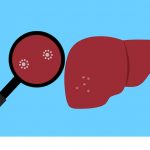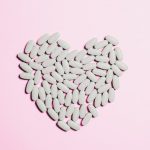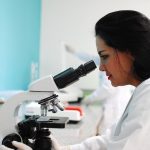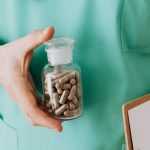Too much body fat increases risk of these cancers
In a new study from the University of Cambridge, researchers found obesity increases the risk of developing cancers of the digestive system and it...
This radio-wave therapy may boost survival in liver cancer
In a new study from Wake Forest School of Medicine, researchers found that a targeted therapy using non-thermal radio waves is safe to use...
Statin drugs can do double duty on heart disease and cancer
About 40 million adults in the U.S. take a cholesterol-lowering drug statin to lower their cholesterol and reduce the risk of heart disease.
In a...
Healthy lifestyle may help reduce high genetic risk of cancer
In a new study from Nanjing Medical University, researchers found healthy lifestyle factors such as abstinence from smoking and drinking, low body mass index,...
This new method enables real-time detection of cervical cancer
In a new study, researchers found with the help of a new optical imaging technique, cervical cancer can be detected with a hand-held microscope.
They...
This drug can give your immune system a double boost against cancer
Cancer immunotherapies, which empower patients’ immune systems to eliminate tumors, are revolutionizing cancer treatment.
Many patients respond well to these treatments, sometimes experiencing long-lasting remissions.
But...
This depression drug can help stop growth of cancer
In a recent study published in Molecular Cancer Therapeutics, researchers found that the antidepressant sertraline inhibits the growth of cancer cells.
It targets a metabolic addiction...
Exercise may help reduce colon cancer growth
In a recent study from the University of Queensland, researchers found exercise may play a role in reducing the growth of colon cancer cells.
They...
Colorectal cancer: What you should know about screening
The evidence is clear - screening for colorectal cancer may save your life. Today, more and more people are choosing colorectal cancer screening.
As a...
Protecting your heart before, during and after cancer treatment
Cardiac care is not likely the first thing on a patient’s mind when fighting cancer, however, cancer and cardiovascular issues are closely linked.
Cardio-oncology is...










